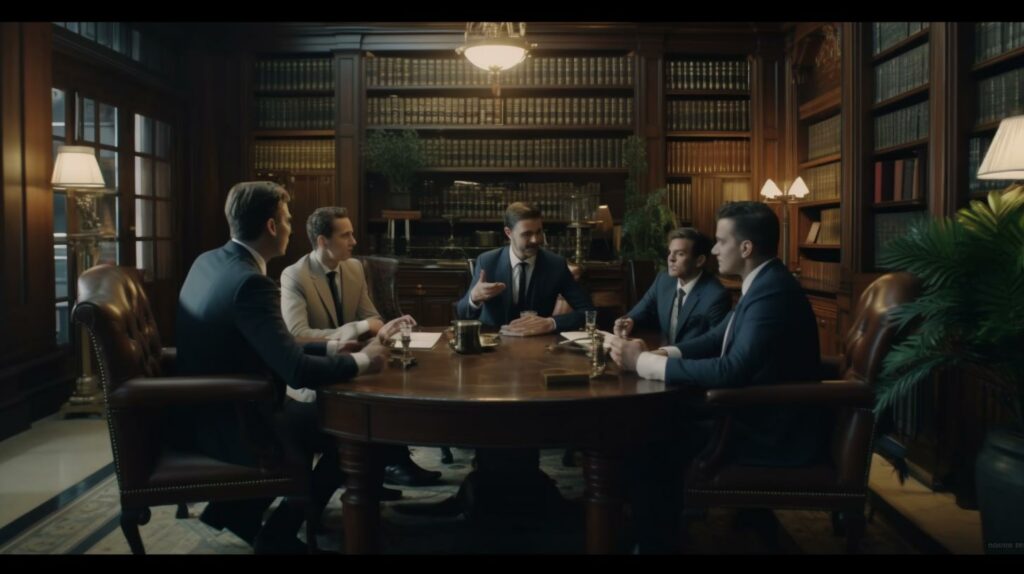Car accident law – read prior to employing an Ontario car accident lawyer

Basic Principles and Framework of Car Accident Law in Ontario
Motor vehicle accidents can have significant effects on people’s lives, causing physical injuries, emotional distress, and financial burdens. Understanding the fundamental principles and framework of Ontario’s car accident law is essential for those seeking justice and equitable compensation. This article aims to cast light on the most important aspects of Ontario’s car accident law, including claims, compensation, legal representation, and the legislative framework.
Automobile Accident Law in Ontario
In Ontario, auto accident law encompasses a variety of legal principles and regulations designed to safeguard the rights of accident victims and ensure that they receive the compensation they are entitled to. When coping with auto accidents in Ontario, it is important to understand the following:

Ontario Car Accident Claims
Individuals involved in a car accident in Ontario are permitted to submit a claim for compensation. To effectively navigate the complex legal process in Ontario, it is strongly advised to retain the services of a qualified car accident lawyer. A car accident lawyer can provide guidance and expertise throughout the claims procedure, ensuring that victims receive the appropriate compensation.
It is prudent to review your Ontario Automobile Policy (OAP 1) in order to comprehend your coverages, rights, and responsibilities.
Obtain a copy of the Ontario Automobile Policy (OAP 1) from your insurance agent, broker, or claims adjuster, or download OAP1 now if you do not have one.
Immediately after a motor vehicle accident, prioritize your safety and the safety of others involved. Move your vehicle to a safe location if possible, away from traffic, and turn on hazard lights. Check for injuries and call emergency services if necessary.
Reporting to the Police
In Ontario, an automotive accident must be reported to the police if one of the following conditions is met:
- Someone is injured or killed.
- Any vehicle involved is not drivable and requires towing.
- The total damage to all vehicles involved appears to exceed $2,000.
Call the police using the non-emergency number or 911 if the situation is an emergency. Provide accurate information regarding the accident’s location, parties involved, and accident’s nature.
Whether or not a police report is required, it is imperative to collect vital information at the accident scene. This consists of:
- Date, time, and location of the accident
- The extent of any injuries
- Your policy number
- Accident details – driver’s name and license number (if the driver was not the registered owner)
- The badge number and name of the investigating officer – if the accident was reported to the police
- Make, model, year, registration, and license plate number of the vehicle
- Number of passengers involved
- The extent of damage to the vehicle
- Your description of the accident
- Names of insurance companies, and auto insurance policies of all drivers involved
After submitting a claim, a claims adjuster will contact you. You could be required to submit a Proof of Loss form. The adjuster will determine the scope of your insurer’s coverage and guide you through the claims process.
Compensation for Auto Accidents in Ontario
In Ontario, if you are injured in a car accident, regardless of culpability, you should be eligible for standard accident benefits. These benefits are intended to help you cover rehabilitation-related expenses and replace lost wages. In some instances, if you were not at fault for the accident, you can also file a claim for your pain and suffering.
In Ontario, there are three levels of no-fault accident benefits, with varying maximums for medical and rehabilitative care coverage:
- For Minor Injuries (such as whiplash injuries), a maximum of $3,500 is available to fund specific care requirements.
- Non-Catastrophic injuries, such as concussions and fractures, qualify for up to $65,000 in treatment benefits.
- Those who sustain catastrophic injuries and fall into the Catastrophic Impairment category are eligible for up to $1,000,000 in treatment coverage.
It is difficult to determine a precise settlement amount without taking into account the specifics of the case. Typically, settlements in motor vehicle accident claims are reached through negotiations between the parties, their attorneys, and the insurance companies. The amount of the settlement will depend on variables such as the severity of injuries, medical expenses, loss of income, property damage, pain and suffering, and the degree of liability.
How Long Does the Insurance Claim Process Take?
The insurance company will conduct an investigation, assess the damages, and determine liability once the claim has been lodged. The duration of the insurance claim procedure can vary, but typically takes a few weeks to a few months to conclude. Complex cases may necessitate additional time for comprehensive investigations and evaluations.
How Long Do Car Accident Settlements Take?
The duration of auto accident settlements in Ontario varies based on a number of variables. In a few months, simple cases with clear liability and minimal damages can be resolved. However, cases involving grievous injuries, liability disputes, or extensive negotiations can take longer. Settlements can take anywhere from a few months to over a year to conclude.
Legal Representation

Consult a qualified Ontario car accident lawyer in order to obtain accurate and up-to-date legal advice that is tailored to your specific situation.
Experienced personal injury lawyer can help you in these matters:
1) Legal Expertise and Guidance
From the initial consultation, car accident lawyers evaluate the case, identify the available legal options, and recommend the best course of action. The injured party gains access to legal expertise that ensures their rights are protected throughout the process by having an attorney on their side.
2) Investigation and Evidence Collection
One of the critical roles of a car accident lawyer is conducting a thorough investigation to gather evidence related to the accident. Car accident lawyers work diligently to obtain accident reports, witness statements, medical records, photographs, and other crucial evidence. This evidence is vital in establishing liability and proving the extent of the injuries and damages suffered by the injured party. By carefully documenting the facts, a lawyer strengthens the injured party’s case and protects their interests.
3) Negotiating with Insurance Companies
As their primary objective is to limit their financial liability, dealing with insurance companies can be difficult. A car accident attorney represents the interests of the injured party during negotiations with insurance companies. They are adept at negotiation and comprehending the strategies employed by insurance adjusters. By handling all communication and negotiation on their client’s behalf, a lawyer seeks to obtain a reasonable settlement that adequately compensates for injuries, damages, and losses.
4) Maximizing Compensation
An accident lawyer is well-versed in determining the total extent of damages and losses caused by an accident. They are aware of the different kinds of available compensation, including medical expenses, lost wages, pain and suffering, and future medical costs. By meticulously assessing the accident’s impact on the injured party’s life, they strive to maximize the compensation to which their client is entitled. This includes taking into account long-term effects, rehabilitation requirements, and the possibility of diminished earning capacity. The objective of a lawyer is to ensure that their client receives the full and reasonable compensation to which they are entitled.
5) Litigation and Trial Representation
In some instances, insurance company negotiations may not result in a satisfactory settlement. A car accident lawyer is prepared to take such cases to court and provide tenacious representation during litigation. They collect additional evidence, collaborate with expert witnesses, and present a persuasive argument to the judge and jury. A lawyer seeks to achieve a favorable verdict and safeguard their client’s interests by advocating for the injured party’s rights in court.
Get in touch
Do you need legal services? Talk to our experienced car accident lawyers!
